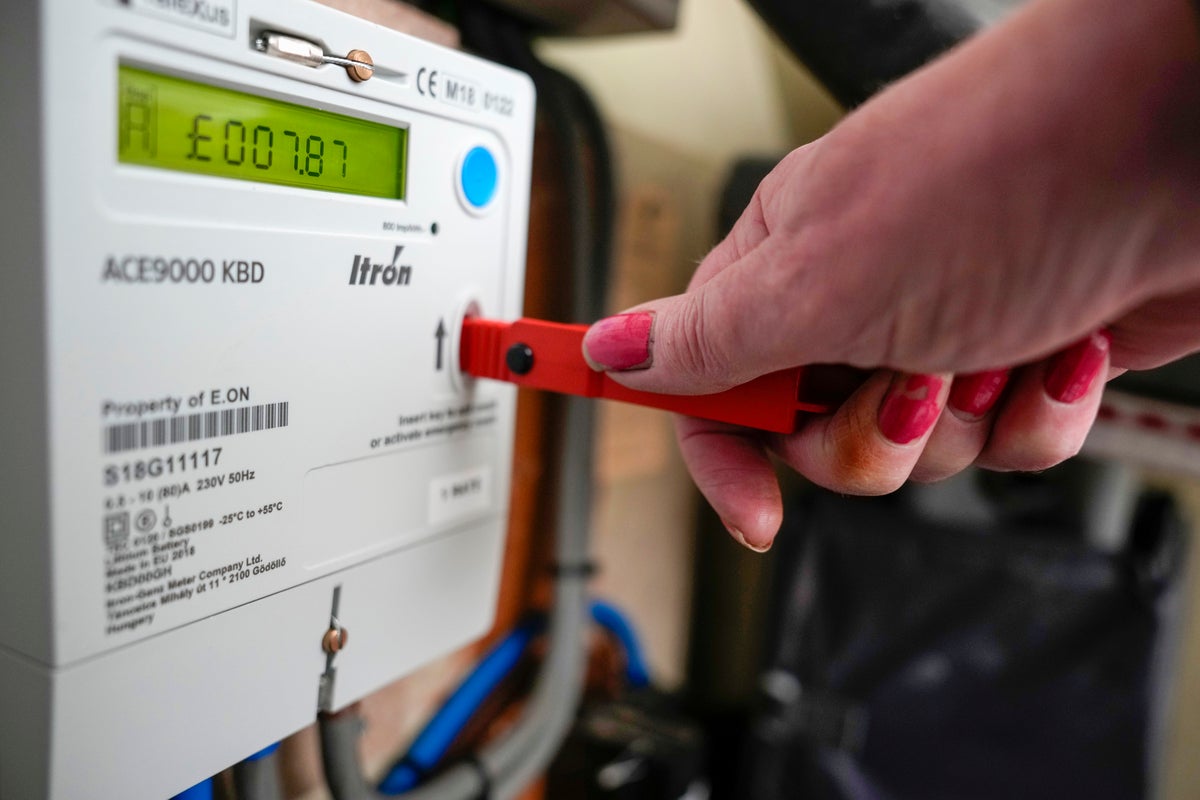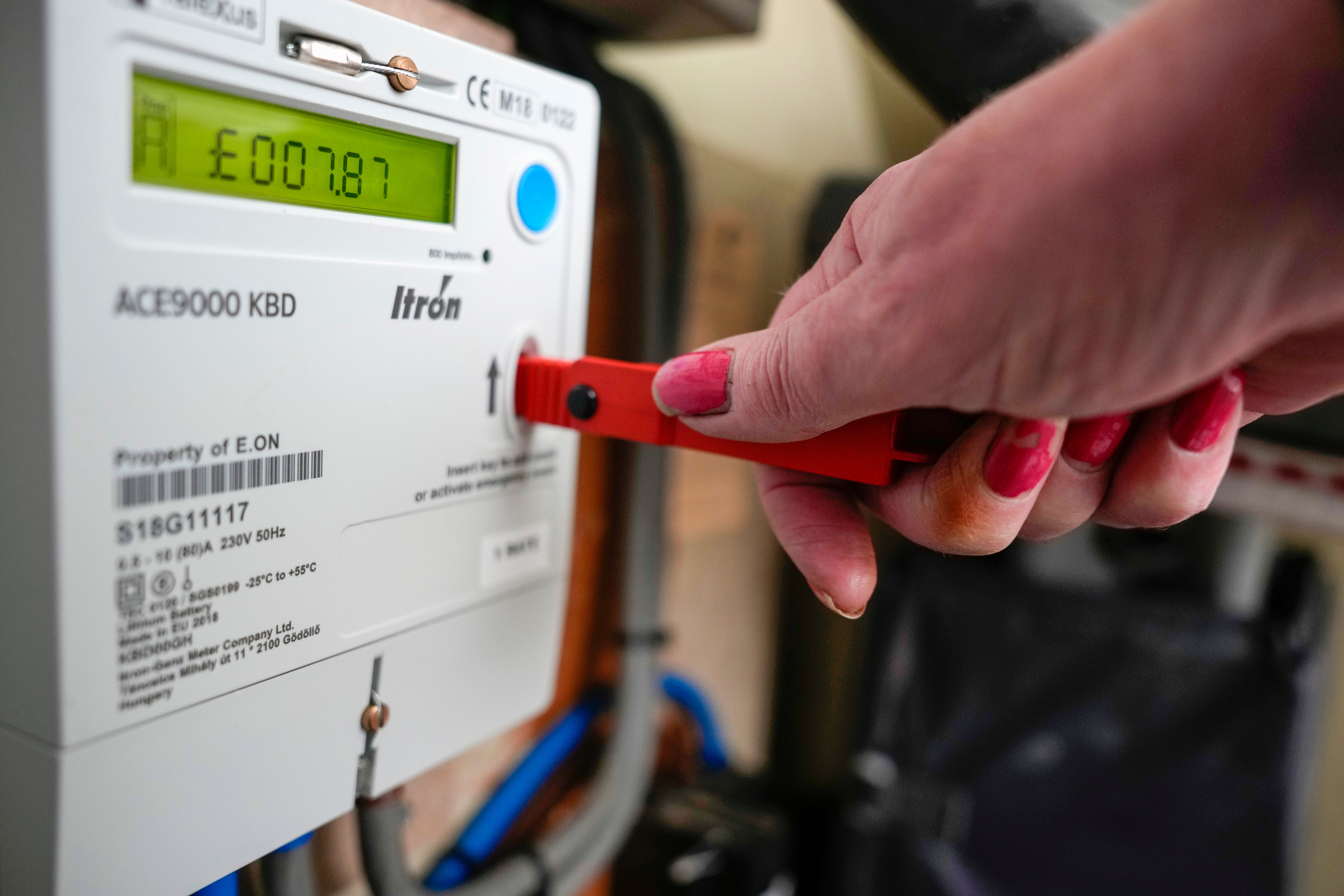
Households could be charged an average of £30 per year by energy suppliers as they try to claw back a forecast rise in unpaid bills following curbs on prepayment meter (PPM) installations under plans being considered by the regulator.
Ofgem, the energy regulator, recently toughened up its oversight of PPMs following a scandal in which it emerged that a company used by British Gas to pursue debts was “breaking into” people’s homes to fit them.
The regulator temporarily suspended all installations, before bringing in a new code of practice. Energy firms must now try to contact a customer at least 10 times and conduct a ‘site welfare visit’ before they can forcibly install a PPM.
Under the new guidelines installations should also not take place where customers have severe health issues and in the homes of people aged 85 and over who live alone.
Energy suppliers say they install PPMs in an attempt to stop customers from using energy they haven’t paid for and accumulating big debts they are unable to repay.
Ofgem could introduce the charge on energy bills by October to reimburse companies for rising levels of customer debt that it estimates could total hundreds of millions of pounds, according to The Times.
The levy could be applied to around 4 million UK households that pay by cash or cheque and who are most likely to fall into debt and already pay a £200 per year premium for their energy as a result.
An Ofgem spokeswoman said: "We recognise that the rules set out in our code of practice could result in fewer PPM installations and that, combined with the current suspension in involuntary PPM installations, this may contribute to higher levels of bad debt of around £30 a year for a household."
Ofgem, which sets the energy price cap, already allows suppliers to charge customers around £200 a year more if they pay by "standard credit" - cash or cheque on receipt of the bill than if they pay by direct debit.
Energy firms can charge standard credit customers about £200 a year to cover debt-related costs compared with only about £30 for direct debit customers.
Ofgem said this reflects the fact that standard credit customers are more likely to have unpaid bills and so, on average, create higher debt costs.
But campaigners said the move would result in “increased hardship” for vulnerable groups.

"Adding more costs on to those households who are often the least able to keep up with payments is counter-productive and will result in increased hardship for a group that includes a disproportionate number of elderly people, who are often vulnerable to the impacts of living in a cold home,” Matt Copeland, of National Energy Action, said.
Energy companies can obtain court warrants which give them legal rights to enter people’s homes and fit prepayment meters if customers have not paid their bills.
Earlier this year The Times reported that British Gas had sent debt collectors to “break into” people’s homes and “force-fit” pay-as-you-go meters – even when customers are known to have “extreme vulnerabilities”.
Ofgem and British Gas said described the practices of Arvato as “unacceptable”.







